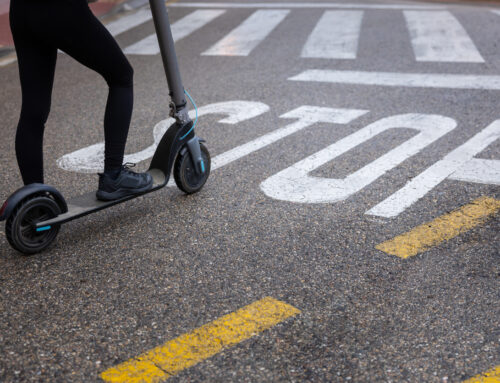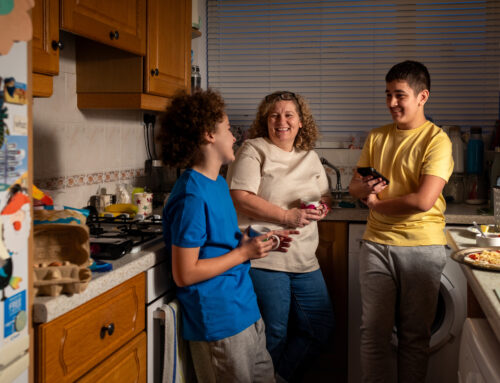How To Stop Binge Drinking In Teens Before It’s Too Late

Although many movies, TV shows, and social media posts seem to suggest that teenagers drink alcohol on a regular basis, the truth is underage drinking has been declining steadily for more than a decade. Unfortunately, among those teens who do consume alcohol, binge drinking is common — often because young people don’t understand the risks involved with what they’re doing.
If you’re a teen who’s concerned that excessive drinking is becoming a problem for you or you’re a parent concerned about your child, there are steps you can take to help resolve the issue. First, know that you’re not alone. According to the 2023 State of Underage Drinking in North Carolina survey, 37% of students who admit to drinking alcohol do so regularly. In order to understand how to stop binge drinking, you must first learn how to recognize it, why it’s so dangerous, and where to find support.
What Is Binge Drinking?
According to the National Institute on Alcohol Abuse and Alcoholism (NIAAA), binge drinking is “a pattern of drinking alcohol that brings blood alcohol concentration (BAC) to 0.08% or more.” For teen girls, that generally means having three or more drinks within about two hours. For teen boys, it’s three to five drinks in that same timeframe. timeframe.
Dangers of Binge Drinking
Consuming large amounts of alcohol in a short amount of time can be extremely dangerous and even deadly, It’s important to watch for these effects of binge drinking:
- Extreme confusion
- Slow or irregular breathing
- Vomiting or diarrhea
- Blacking out
- Stumbling
- Forgetfulness
- Difficulty concentrating
In the moment, binge drinking can lead to negative outcomes, such as unplanned or unwanted sex, fights, accidents, and impaired driving. Over time, it can alter brain function and development, create mental health issues (like depression and anxiety), and lead to a higher risk of developing a substance use disorder as an adult.

Preventing Binge Drinking
When thinking about how to stop binge drinking, it’s important to know that it’s a serious problem, but it’s also a preventable one. If you’re at a party, avoid participating in drinking games because they’re a quick way to consume a large amount of alcohol in a short amount of time. Also, don’t accept a drink from someone else. It could be spiked.
In our recent survey, most students felt that having conversations with their parents and amongst their friends would help stop underage drinking. Talk with your friends about why people your age shouldn’t be drinking alcohol. Instead, create a list of fun alcohol-free activities you can do together — hiking, bowling, video games, shopping, crafting, etc. Avoid social gatherings where you know teens will be drinking. Practice saying “no” to alcohol, so you’re not caught off guard and feel pressured to drink alcohol.
Help for Binge Drinking
If you’re binge drinking, it’s important to seek help. Habits can be hard to break, but with support and encouragement, you can learn how to stop binge drinking. Confide in a trusted family member or friend. Teens and parents can seek professional help from any of these resources:
- Substance Abuse and Mental Health Services Administration (SAMHSA): Their national 24-Hour Helpline can provide information and treatment referrals: 1-800-662-HELP (4357).
- North Carolina Department of Health and Human Services
If you’re looking for ways to help someone you care about stop binge drinking, we suggest discussing your concerns with them. Practice what you’ll say ahead of time and pick a good time and place where they won’t feel attacked or put on the spot. In a calm, caring, and non-judgmental tone, explain why you’re worried.
Encourage your friend or loved one to be mindful of the impact alcohol consumption can have on their schoolwork, relationships, health, and goals. Be prepared to listen to their response — whatever it may be and offer support where you can.
For parents, talk with your tweens and teens early and often. Discuss good reasons not to drink underage and share important facts about the risks of adolescent alcohol consumption, including the dangers of binge drinking. Talk it Out NC has a long list of suggestions to help you get the conversation rolling.



